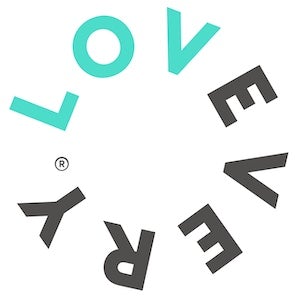10 Apr “Managing Frustration” Lovery Podcast
Talia was guest on Lovery’s Podcast. The below content is sourced from Lovery
 Achieving success in life is a unique journey for each individual. However, certain skills such as persistence, managing frustration, and emotional regulation often serve as fundamental building blocks for success, regardless of the specific outcomes pursued. These skills are collectively known as executive function, a concept we are delving into deeply this season. We find executive function particularly fascinating because young children have abundant opportunities to hone these skills through everyday activities.
Achieving success in life is a unique journey for each individual. However, certain skills such as persistence, managing frustration, and emotional regulation often serve as fundamental building blocks for success, regardless of the specific outcomes pursued. These skills are collectively known as executive function, a concept we are delving into deeply this season. We find executive function particularly fascinating because young children have abundant opportunities to hone these skills through everyday activities.
In this episode, Lovery and Talia explore the importance of cultivating frustration tolerance, a crucial aspect of executive function. One effective method to develop this skill is through playing games where occasional loss is inevitable.
Host
Jessica Rolph on My New Life is Licensed Clinical Social Worker
Talia Filippelli founder of Starr Therapy, who is an advocate for child development and has contributed significantly to the field and is a Genius of Play ambassador and has contributed to the Emotional Wellness Playbook.
Key Takeaways:
– Our brains develop in a back-to-front manner throughout our lives, with the prefrontal cortex, responsible for executive function, not fully maturing until around age 30. Therefore, it’s essential to adjust expectations accordingly. Engaging in play is an excellent starting point for nurturing these skills.
– Rather than shielding children from disappointment at all costs, coach them through the experience of losing a game. Setting appropriate expectations by explaining that every game has a winner and a loser can help normalize the experience.
– When a child’s frustration mounts, especially in competitive situations involving siblings, encourage them to recognize the physical signals of frustration in their body. Validate their feelings and guide them to articulate their emotions verbally, fostering emotional intelligence.
– Utilize tools like the Lovevery wooden emotion dolls to facilitate emotional coaching. Prompt your child to identify where they feel frustration in their body and discuss it using the dolls as visual aids.
– For children who gravitate towards tasks and games that are too easy, introduce the concept of challenges. Encourage them to embrace activities that push their boundaries, emphasizing that challenges can be both rewarding and enjoyable.
By nurturing frustration tolerance and other executive function skills from a young age, we equip children with invaluable tools for navigating life’s challenges and pursuing success in their own unique ways.


Sorry, the comment form is closed at this time.